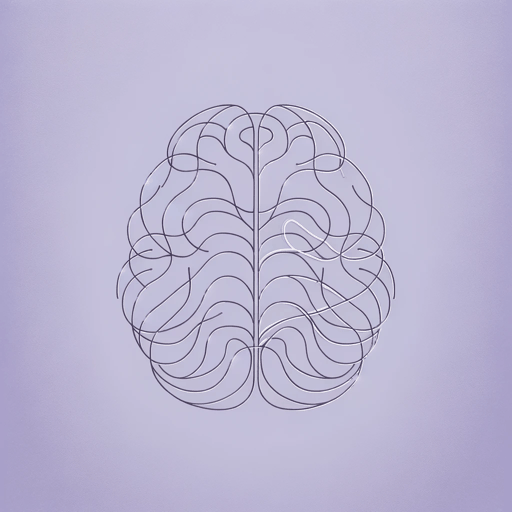47 pages • 1 hour read
Bessel van der KolkThe Body Keeps the Score: Brain, Mind, and Body in the Healing of Trauma
Nonfiction | Book | Adult | Published in 2014A modern alternative to SparkNotes and CliffsNotes, SuperSummary offers high-quality Study Guides with detailed chapter summaries and analysis of major themes, characters, and more.
Important Quotes
“We now know that trauma compromises the brain area that communicates the physical, embodied feeling of being alive. These changes explain why traumatized individuals become hypervigilant to threat at the expense of spontaneously engaging in their day-to-day lives.”
(Prologue, Page 3)
Throughout the text, van der Kolk stresses that trauma cuts a person off from themselves and the world around them. This is the first instance of van der Kolk making a point he rephrases and reframes repeatedly.
“Five years after the last American soldier left Vietnam, the issue of wartime trauma was still not on anybody’s agenda.”
(Chapter 1, Page 11)
Van der Kolk has been involved with psychiatry since before PTSD was a diagnosis, and, early in his career, he worked with Vietnam veterans. He struggled to treat a particular combat veteran because he was unable to find any literature on the man’s problem. This exemplifies van der Kolk’s larger theme that the psychiatric field largely fails traumatized individuals, uninterested in really helping them and believing that trauma isn’t as “worthy” of study as other diseases.
“Somehow the very event that caused them so much pain had also become their sole source of meaning. They felt fully alive only when they were revisiting their traumatic past.”
(Chapter 1, Page 18)
Being unable to live in the present is one of the hallmarks of PTSD. People with PTSD often feel numb and seek out adrenaline-boosting activities as a way of feeling anything. Before he fully understands the biological underpinnings of this symptom, van der Kolk observes the behavior in veterans at a support therapy group that he conducts.

